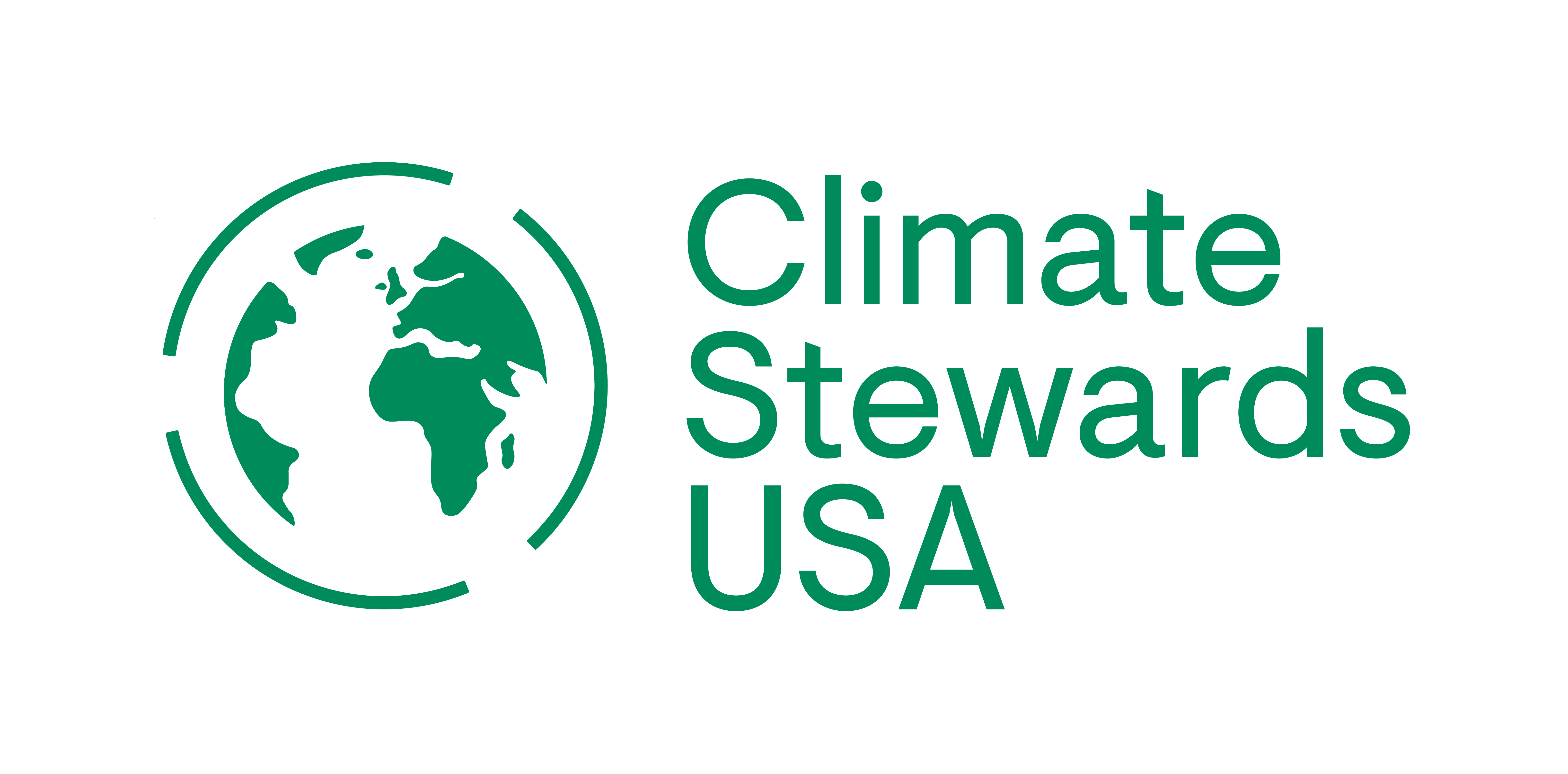There are 17 United Nation Sustainable Development Goals (SDGs). The SDGs are “an urgent call for action by all countries – developed and developing – in a global partnership. They recognize that ending poverty and other deprivations must go hand-in-hand with strategies that improve health and education, reduce inequality, and spur economic growth – all while tackling climate change and working to preserve our oceans and forests”. They were adopted by all United Nations Member States in 2015.
We started in 2007 to address issues around climate change, and in particular, to provide a platform for individuals to understand and offset their carbon emissions. The outcomes of our projects touch on many of the SDGs, but there are six that regularly intersect with our work:
SDG #1 – End poverty in all its forms everywhere
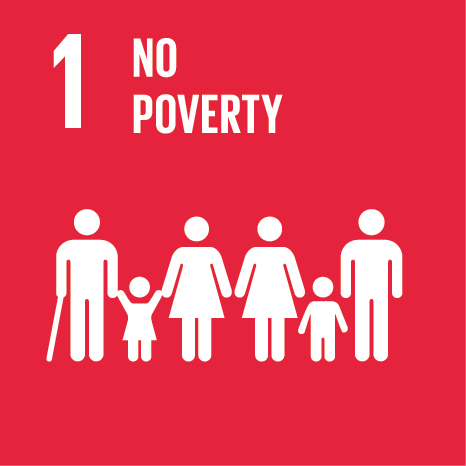
All of our projects are based in poor communities where a carbon offsetting project, cookstoves or biosand water filters or tree plantings, will lead to better financial circumstances for project communities.
Biosand Water Filters and Cookstoves Families that receive either a biosand water filter, a cookstove, or a fireless cooker all use less fuelwood (firewood or charcoal). Biosand water filters eliminate the need to boil water for drinking. Fuel-efficient cookstoves and fireless cookers reduce the amount of fuel required to cook a meal.
Families that purchase their fuelwood can make daily savings to be put to other uses, such as children’s school fees. Families that gather their fuelwood for free spend less time gathering fuel every day, or the fuel gathered lasts longer. Either way, biosand water filters, and efficient cookstoves free up time for family members to pursue other activities, including generating income.
Tree planting Our tree planting projects are a mixture of permanent and commercial forestry. Permanent forests contribute to SDG #15 detailed below. Commercial forestry allows schools, churches, or smallholders to make a return on the initial investment of time spent preparing the ground and planting seedlings. The wood, when harvested at between 12 and 15 years, can be sold into local markets at a significant profit. The money can be re-invested or used for other projects – schools often use the income to fund the construction of additional facilities.
As the community prunes and thins the trees throughout the project’s lifetime, they sell the wood to others in the community. This firewood is excluded from carbon calculations but does provide an ongoing revenue stream.
In addition to planting trees that can be harvested and sold as timber, planting fruiting trees allows project participants to either benefit from the fruit themselves or sell it for extra income.
SDG #3 – Ensure healthy lives and promote well-being for all at all ages
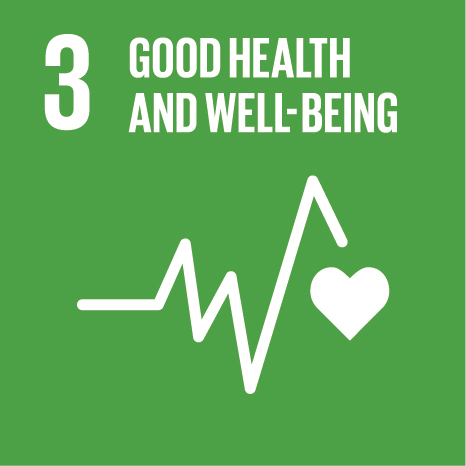
The biosand water filters that we use in our project in Uganda are based on a design developed by the Center for Affordable Water and Sanitation Technology (CAWST). The filters are effective in reducing:
- Up to 100% of worms
- Up to 100% of protozoa
- Up to 98.5% of bacteria
- 70-99% of viruses
(For more information please visit the CAWST website.)
Families experience reduced incidence of gastro-intestinal problems when clean water is available to the whole family.
Fuel-Efficient Cookstoves When families use a fuel-efficient stove, they save money and breathe cleaner air. The traditional 3-stone fire, particularly when used indoors, produces harmful smoke. Typically, the women and children in the family are affected the most as they are the ones who do the cooking.
By enclosing the fuel-efficient stove, we eliminate the danger of burns from an open fire. Tree planting Trees planted in schools, churches, and on smallholder land sequester carbon, provide income, help reduce pressure on local ecosystems, supply shade, and enhance biodiversity.
SDG #4 – Ensure inclusive and equitable quality education and promote lifelong learning opportunities for all
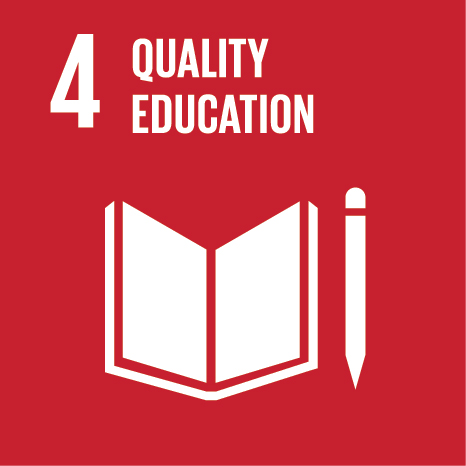
Education is an important aspect of all of our projects. In Ghana, starting in 2007, we planted trees at schools around Kumasi, Ghana’s capital. We also helped establish school clubs to use the forest as an outdoor classroom. By 2015, the trees at the sites had grown enough to close the canopy, and the carbon sequestration portion of the project was complete. However, we continued funding the school clubs because the students valued outdoor education and training.
The schools continue educating students on tree care, management, and creation care. Several students of the forest classrooms have gone on to pursue studies and work in environmental fields.
Our other projects also incorporate training. Participants in our biosand water filter project in Uganda learn about the construction and care of their biosand water filters, and filter buddies (those who help others within the community with their filters) also receive more specialized training in maintenance and repair. For our tree-planting projects, staff and children at the schools and members of the churches are all involved with learning about tree planting.
SDG #6 – Ensure availability and sustainable management of water and sanitation for all
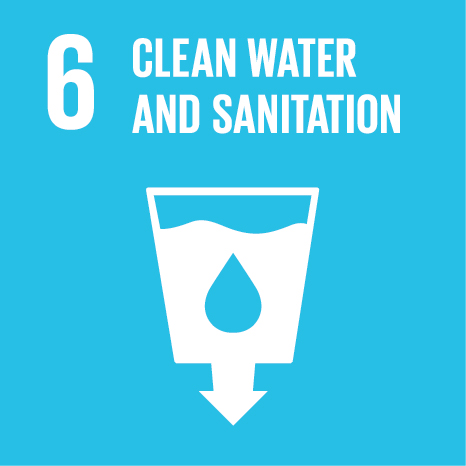
Our biosand water filter project in Uganda provides families with a robust, easily maintained system that gives them access to clean, potable water. Families involved in the project had all been boiling water before receiving a filter, but the monitoring survey carried out at the end of Year 1 has shown that families are filtering much more water than they were ever able to boil (mainly due to not being able to afford sufficient fuel). Now the most vulnerable members of the family, typically the children, drink clean water regularly – leading to fewer gastrointestinal problems.
SDG #13 – Take urgent action to combat climate change and its impacts
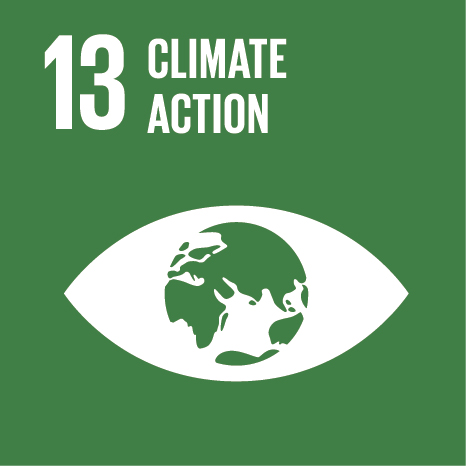
At the heart of all of our work is the conviction that we face a climate emergency and that we need to act now. Climate change is a real problem that is affecting the poorest among us first and worst. We work with communities that embed the use of new technologies that bring financial and health benefits while directly contributing to climate change mitigation and adaptation. Through reducing carbon emissions, sequestering carbon, and alleviating pressure on local ecosystems, we are taking urgent action to combat climate change and its impacts.
SDG #15 – Protect, restore and promote sustainable use of terrestrial ecosystems, sustainably manage forests, combat desertification, and halt and reverse land degradation and halt biodiversity loss
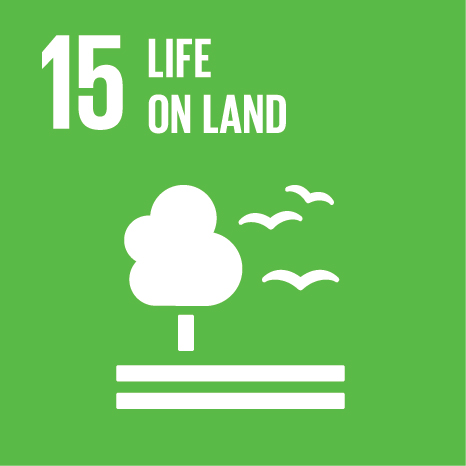
All of our projects directly or indirectly address SDG #15. Our tree planting projects increase biodiversity as a result of planting native trees and the addition of sustainable forests on bare or neglected land. Trees also help stabilize the soil and can help with soil erosion in areas that receive intermittent rainfall in large quantities. The sale of firewood from the process of pruning and thinning also reduces pressure on other local sources of firewood, including older, more established forests.
Our other projects – biosand water filters, cookstoves, and fireless cookers – also reduce pressure on local ecosystems by reducing demand for fuelwood. Charcoal is created mainly in rural areas and then trucked into cities, where high demand leads to deforestation. Replacing charcoal and fuelwood-intensive stoves with safer, healthier, and more efficient options diminishes pressure to cut down trees. Particularly for charcoal, the impact is enormous: it takes 22 pounds of wood to create 2 pounds of charcoal.

